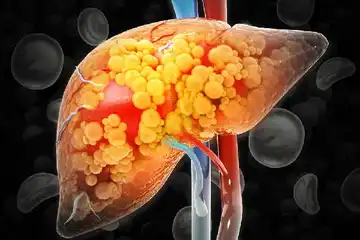Losing your ability to taste can end up altering your quality of life. Imagine never being able to taste ice-cream again or your favourite fried chicken or rajma dish!
Temporary and partial loss of sense of taste can happen for a number of reasons. For example, when you have a cold or middle ear infection, you may not be able to taste things properly.
But completely losing ones sense of taste is a rare occurrence—medically, this is known as ageusia. A person loses the ability to detect flavours such as sweet, salty, sour, bitter and savoury (better known by its Japanese expression, Umami) in this condition.
Ageusia is often mistaken for loss of sense of smell—it is true that ageusia and anosmia (loss of sense of smell) may occur together, but this isn't always the case.
While ageusia can happen as a consequence of a serious health condition, it can also happen with advancing age—just as your vision, hearing or voice get affected by age, so can your sense of taste.
According to a study published in the Postgraduate Medical Journal, there are a number of reasons for gustatory or taste dysfunction in older age. Some of these are:
- Previous upper respiratory tract infection
- Head injury
- Some medicines cause loss of sense of taste
- Chewing problems because of tooth loss and discomfort in wearing dentures
- Reduced saliva production
- Mouth and pharyngeal disease such as candidiasis infection
Loss of sense of smell and taste in COVID-19 has also been added to the list of symptoms of the respiratory illness that has gripped the world since December 2019.

 Doctors for Ageusia (loss of taste)
Doctors for Ageusia (loss of taste)  OTC Medicines for Ageusia (loss of taste)
OTC Medicines for Ageusia (loss of taste)













































